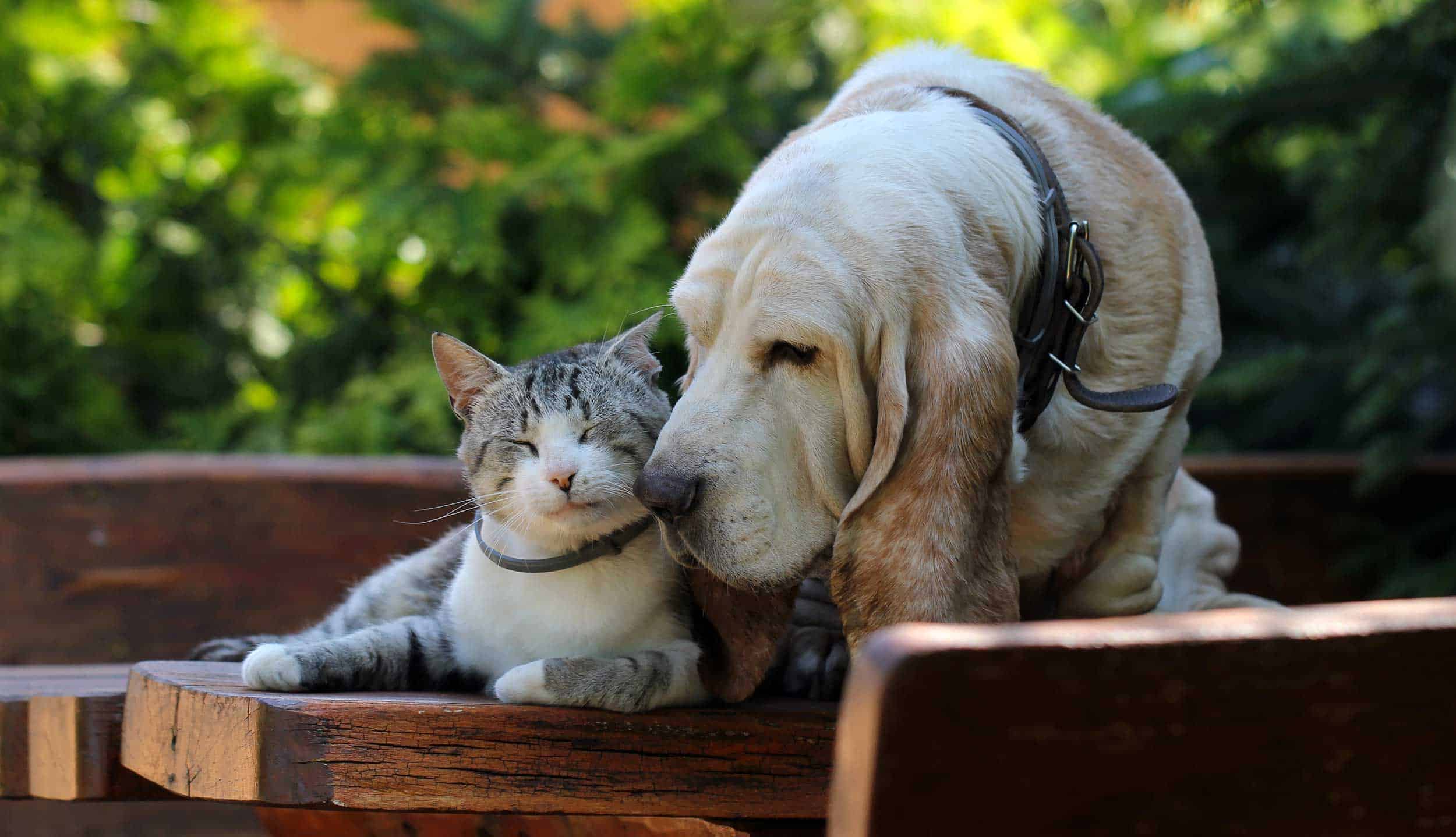Yibai Insights
Explore the latest trends, news, and insights from around the world.
Senior Pets: Golden Years or Just Getting Older?
Discover the joys and challenges of senior pets—are their golden years truly golden or just a journey through aging? Find out now!
Understanding the Unique Health Needs of Senior Pets
Understanding the unique health needs of senior pets is crucial for ensuring they lead happy, comfortable lives as they age. Just like humans, pets undergo various changes that affect their health, mobility, and overall well-being. As pets enter their golden years, they may experience issues such as arthritis, dental problems, and decreased metabolism. Regular veterinary check-ups become even more vital during this time, allowing for early detection and management of age-related conditions. Moreover, adjustments in diet are essential to meeting their nutritional needs and maintaining their energy levels.
Moreover, senior pets often require specialized care that can include tailored exercise regimens and mental stimulation to keep them engaged and healthy. For instance, gentle walks and interactive toys can help improve their mobility and cognitive function. Pet owners should also be vigilant about observing any changes in behavior, such as reluctance to play or changes in eating habits, as these could signal underlying health issues. By understanding and addressing the unique health needs of senior pets, owners can provide the best care possible, enhancing their pets' quality of life during their later years.

How to Keep Your Senior Pet Active and Engaged
As our pets age, it becomes increasingly important to keep them active and engaged to promote their overall health and well-being. One effective way to do this is by incorporating regular exercise into their daily routine. Short, gentle walks can be a great starting point, allowing your senior pet to explore their surroundings without overexertion. Additionally, consider engaging them in low-impact activities such as swimming, which is easier on their joints, or interactive playtime with soft toys that encourage movement without risk of injury.
Another essential aspect of keeping your senior pet active is mental stimulation. This can be achieved through interactive toys or puzzle feeders that challenge their minds and keep them entertained. You can also engage their senses by introducing new scents or sounds during your walks. Don't forget to vary their routine and introduce new activities, such as training sessions using positive reinforcement, to keep their spirits high and encourage a sense of purpose in their golden years.
Is Your Senior Pet Experiencing Cognitive Decline? Signs and Solutions
As our beloved pets age, it becomes increasingly important to be aware of changes in their behavior that may indicate cognitive decline. Common signs to look for include disorientation or confusion, changes in sleep patterns, and loss of interest in activities they once enjoyed. You might notice your senior pet wandering aimlessly, staring blankly at walls, or forgetting familiar commands. These symptoms may lead to heightened anxiety and stress for both the pet and the owner, making it essential to stay vigilant in observing any unusual behavior.
If you suspect that your pet is experiencing cognitive decline, there are several solutions to consider. Firstly, consult your veterinarian for a comprehensive assessment and treatment options. They may recommend a specialized diet enriched with antioxidants and omega fatty acids, which can help support brain health. Additionally, engaging your pet in mental exercises such as puzzle toys, interactive games, or learning new tricks can provide mental stimulation and potentially slow the progression of cognitive decline. Remember, early intervention can improve your senior pet's quality of life significantly.